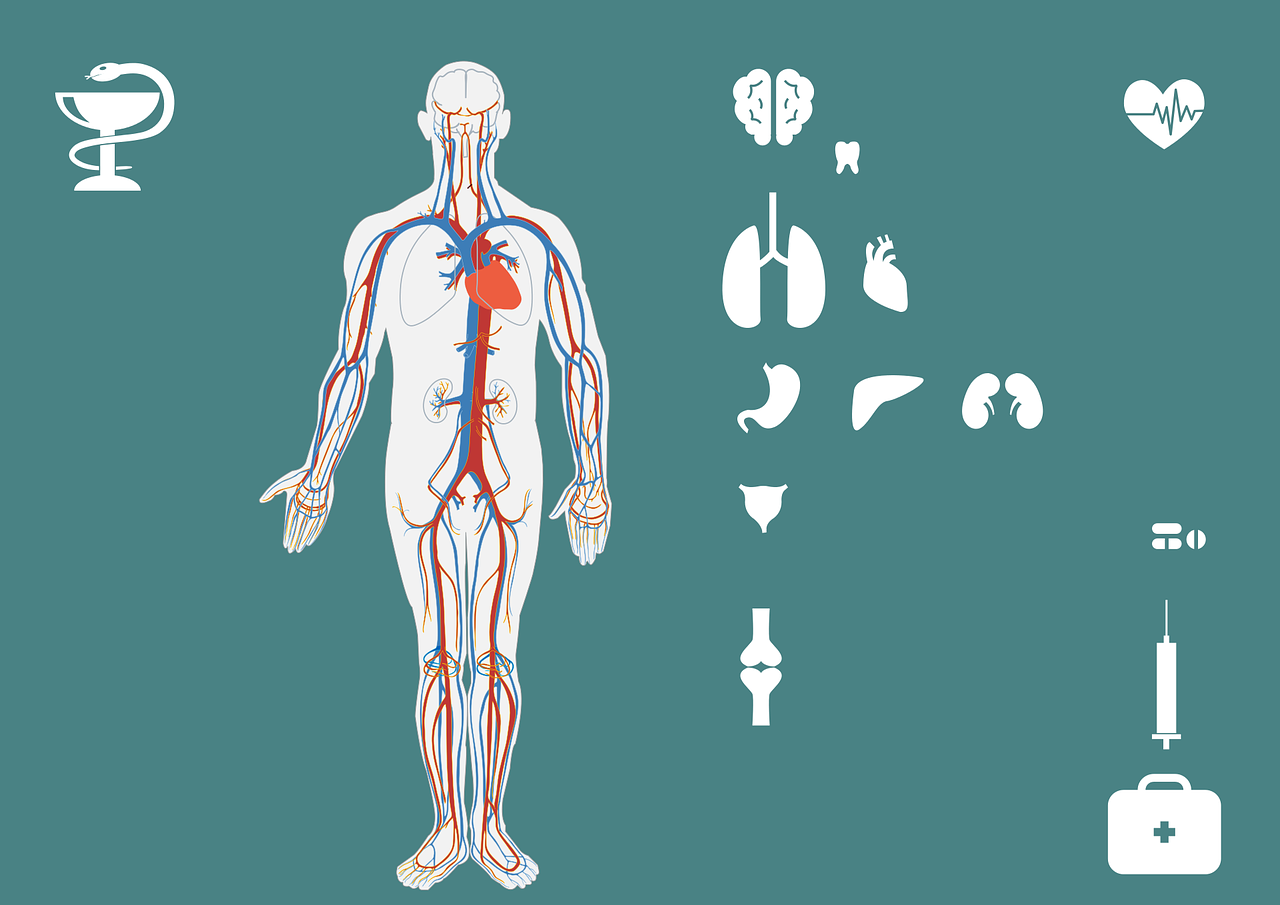新冠疫情英文简介100字(新冠疫情英文简介100字怎么写)
全球公共卫生挑战与应对策略
: The COVID-19 Pandemic: A Global Public Health Challenge and Its Mitigation Strategies
The COVID-19 pandemic, formally declared by the World Health Organization (WHO) on January 30, 2020, has emerged as one of the most significant global public health crises of the 21st century. Originating from a cluster of cases in Wuhan, China, this highly contagious respiratory illness has rapidly spread across the globe, infecting millions and causing a significant impact on economies, societies, and healthcare systems worldwide.
The Outbreak and Initial Responses
The initial reports of the novel coronavirus (SARS-CoV-2) indicated a high degree of human-to-human transmission, prompting immediate action from international health organizations and governments. Travel restrictions, border closures, and lockdowns were implemented to curb the spread. WHO's strategic recommendations emphasized early detection, isolation of cases, contact tracing, and community mitigation measures such as social distancing and wearing masks.

Scientific and Medical Advances
The global scientific community swiftly mobilized to understand the virus's biology, transmission dynamics, and develop effective treatments and vaccines. Research efforts led to the identification of potential therapeutic agents like remdesivir and the rollout of several vaccines within a year of the outbreak's declaration. These achievements underscore the importance of international cooperation and the sharing of information during public health crises.
Economic and Social Impacts
The pandemic has had far-reaching economic consequences, with many countries experiencing severe recessions due to disrupted supply chains, reduced consumer spending, and business closures. The International Monetary Fund (IMF) estimated that the global economy would contract by 3% in 2020. Additionally, the pandemic has exacerbated existing social inequalities, with vulnerable populations—including the poor, elderly, and those with pre-existing health conditions—facing heightened risks.

Public Health Systems Under Stress
Healthcare systems worldwide have been pushed to their limits, with hospitals overwhelmed by a surge of patients and healthcare workers facing high levels of stress and burnout. The pandemic has highlighted the need for improved preparedness, investment in public health infrastructure, and increased resources for emergency responses.
Global Solidarity and Recovery Efforts
In response to the pandemic, international organizations such as the WHO, IMF, and the World Bank have provided financial assistance, technical support, and guidance to affected countries. Vaccination campaigns have become a global effort, with the COVAX facility ensuring equitable access to vaccines across the world. Additionally, governments have implemented economic stimulus packages to cushion the impact on citizens and businesses.

Future Preparedness
The COVID-19 pandemic underscores the importance of strengthening global health security frameworks and enhancing resilience against future pandemics. This includes investing in research for early warning systems, strengthening public health infrastructure, promoting vaccine equity, and fostering international cooperation. Lessons learned from the pandemic will inform future strategies to mitigate the impact of infectious diseases on global health and economies.
In conclusion, the COVID-19 pandemic has posed unprecedented challenges to global health and socio-economic stability. Through scientific advancements, international cooperation, and strategic policy interventions, the world has begun to navigate this crisis. As we move towards recovery, it is crucial to invest in preparedness for future pandemics and ensure that global health security remains a top priority.





还没有评论,来说两句吧...